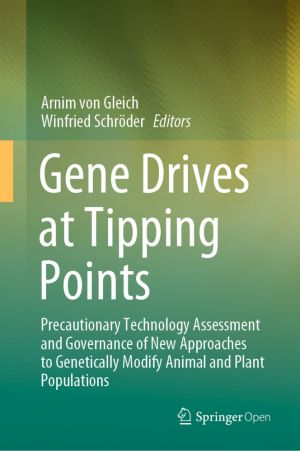
This open access book reports on a pilot project aiming at collecting information on the socio-ecological risks that could arise in the event of an uncontrolled spread of genetically engineered organisms into the environment. The researchers will, for instance, be taking a closer look at genetically engineered oilseed rape, genetically engineered o...

Everything Flows explores the metaphysical thesis that the living world is not made up of substantial particles or things, as has often been supposed, but is rather constituted by processes. The biological domain is organised as an interdependent hierarchy of processes, which are stabilized and actively maintained at different timescales. Even enti...
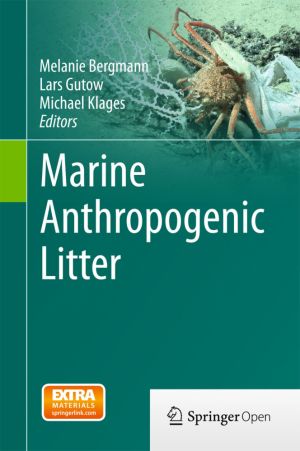
This book describes how man-made litter, primarily plastic, has spread into the remotest parts of the oceans and covers all aspects of this pollution problem from the impacts on wildlife and human health to socio-economic and political issues. Marine litter is a prime threat to marine wildlife, habitats and food webs worldwide.The book illustrates ...

This book presents the results from the Japanese Fisheries Research Agency's 3-year intensive monitoring of radionuclides in a variety of fish, plankton, benthos, and their living environments after the Fukushima Daiichi Nuclear Power Plant (FNPP) accident in March 2011. The book reveals the dynamics of contamination processes in marine and fr...

This free book summarizes the latest scientific findings regarding the biological effects of the Fukushima Daiichi Nuclear Power Plant (FNPP) accident in 2011.
Various cases of changes in animals and organisms have been reported since the FNPP accident. However, it is often unknown whether they are actually due to radiation, since the dose or dos...
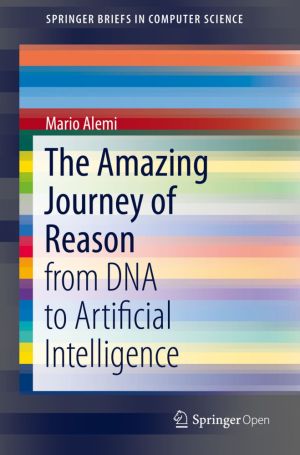
This free book explores questions such as why and how did the first biological cells appear? And then complex organisms, brains, societies and –now– connected human societies? Physicists have good models for describing the evolution of the universe since the Big Bang, but can we apply the same concepts to the evolution of aggregated matter –l...
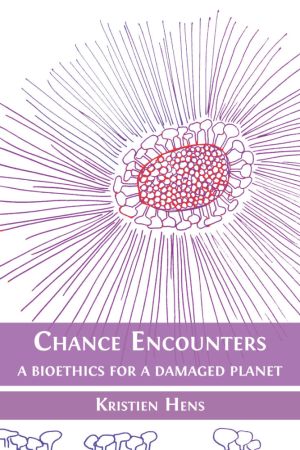
In this rigorous and necessary book, Kristien Hens brings together bioethics and the philosophy of biology to argue that it is ethically necessary for scientific research to include a place for the philosopher. As well as ethical, their role is conceptual: they can improve the quality and coherence of scientific research by ensuring that particular...
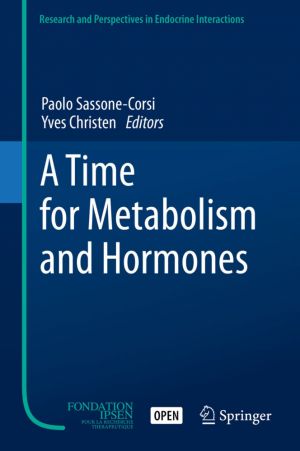
Recent years have seen spectacular advances in the field of circadian biology. These have attracted the interest of researchers in many fields, including endocrinology, neurosciences, cancer, and behavior. By integrating a circadian view within the fields of endocrinology and metabolism, researchers will be able to reveal many, yet-unsuspected aspe...
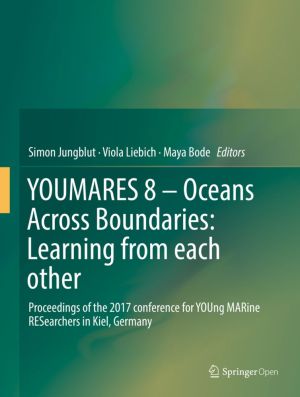
This book presents the proceedings volume of the YOUMARES 8 conference, which took place in Kiel, Germany, in September 2017, supported by the German Association for Marine Sciences (DGM). The YOUMARES conference series is entirely bottom-up organized by and for YOUng MARine RESearchers. Qualified early career scientists moderated the scientific se...
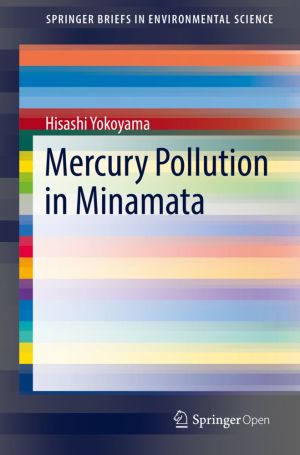
It overviews the poisoning which occurred in the 1950s and 1960s among the residents in Minamata who ate seafood contaminated with methylmercury discharged from the chemical factory, Chisso Corporation. It describes the history, symptoms pathogenesis and research on the causal agent, and discusses the responses of Chisso and the national and local ...
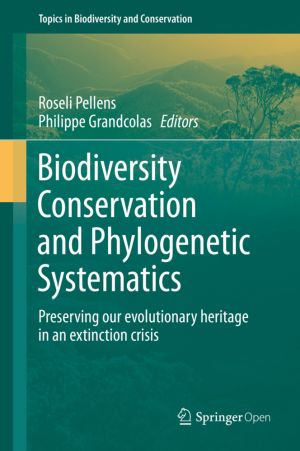
Phylogenetic diversity is now a key concept for biodiversity conservation due to its link to option value, evolutionary potential and to the possibility of guiding conservation across scales. Present facilities for obtaining molecular sequences and metagenomes are powering this research field, rendering available detailed information of phylogeneti...

Reviews of Environmental Contamination and Toxicology attempts to provide concise, critical reviews of timely advances, philosophy and significant areas of accomplished or needed endeavor in the total field of xenobiotics, in any segment of the environment, as well as toxicological implications....

This book discusses biogeochemical processes relevant to carbon and aims to provide readers, graduate students and researchers, with insight into the functioning of marine ecosystems. A carbon centric approach has been adopted, but other elements are included where relevant or needed. The book focuses on concepts and quantitative understanding of p...
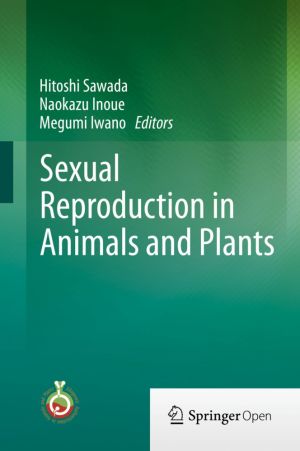
This book contains the proceedings of the International Symposium on the Mechanisms of Sexual Reproduction in Animals and Plants, where many plant and animal reproductive biologists gathered to discuss their recent progress in investigating the shared mechanisms and factors involved in sexual reproduction. This now is the first book that reviews re...
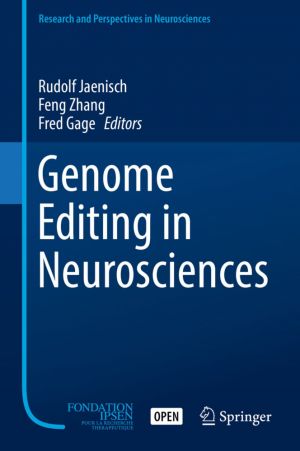
Innovations in molecular biology are allowing neuroscientists to study the brain with unprecedented resolution, from the level of single molecules to integrated gene circuits. Chief among these innovations is the CRISPR-Cas genome editing technology, which has the precision and scalability to tackle the complexity of the brain. This Colloque Médec...
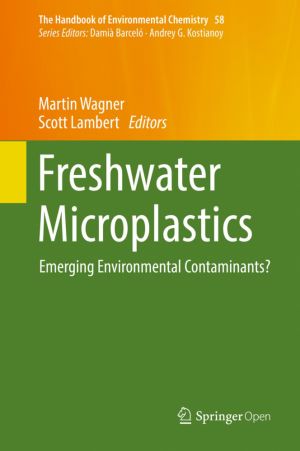
This volume focuses on microscopic plastic debris, also referred to as microplastics, which have been detected in aquatic environments around the globe and have accordingly raised serious concerns. The book explores whether microplastics represent emerging contaminants in freshwater systems, an area that remains underrepresented to date. Given th...
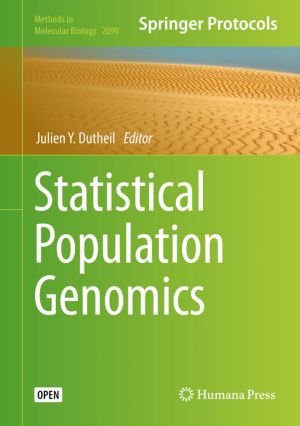
This open access volume presents state-of-the-art inference methods in population genomics, focusing on data analysis based on rigorous statistical techniques. After introducing general concepts related to the biology of genomes and their evolution, the book covers state-of-the-art methods for the analysis of genomes in populations, including demog...

This open access volume presents a comprehensive account of all aspects of biological invasions in South Africa, where research has been conducted over more than three decades, and where bold initiatives have been implemented in attempts to control invasions and to reduce their ecological, economic and social effects. It covers a broad range of the...
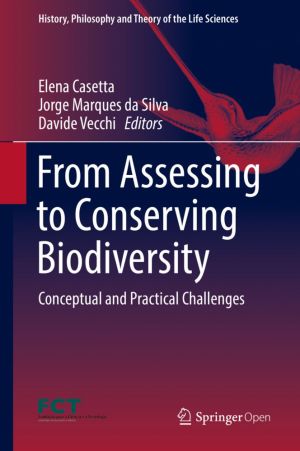
This book features essays written by philosophers, biologists, ecologists and conservation scientists facing the current biodiversity crisis. Despite increasing communication, accelerating policy and management responses, and notwithstanding improving ecosystem assessment and endangered species knowledge, conserving biodiversity continues to be mor...
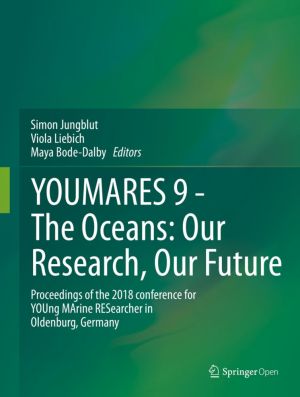
This book summarizes peer-reviewed articles and the abstracts of oral and poster presentations given during the YOUMARES 9 conference which took place in Oldenburg, Germany, in September 2018. The aims of this book are to summarize state-of-the-art knowledge in marine sciences and to inspire scientists of all career stages in the development of fur...
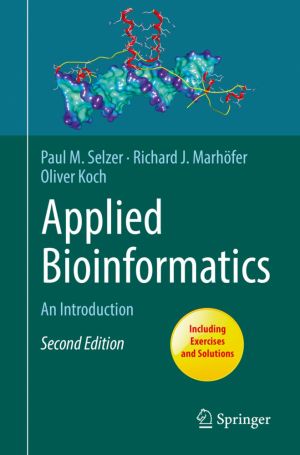
This book introduces readers to the basic principles of bioinformatics and the practical application and utilization of computational tools, without assuming any prior background in programming or informatics. It provides a coherent overview of the complex field and focuses on the implementation of online tools, genome databases and software that c...

There is agency in all we do: thinking, doing, or making. We invent a tune, play, or use it to celebrate an occasion. Or we make a conceptual leap and ask more abstract questions about the conditions for agency. They include autonomy and self-appraisal, each contested by arguments immersing us in circumstances we don't control. But can it be t...
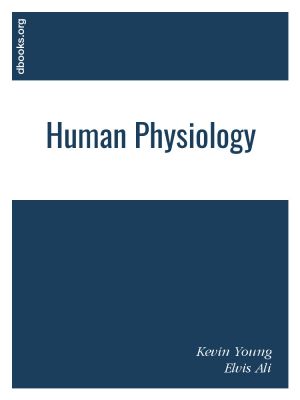
Physiology - The word physiology is from the Ancient Greek (phusiología) and it is the study of how organisms perform their vital functions. An example is the study of how a muscle contracts or the force contracting muscles exert on the skeleton. It was introduced by French physician Jean Fernery in 1552. Physiology is built upon a tripod of scien...
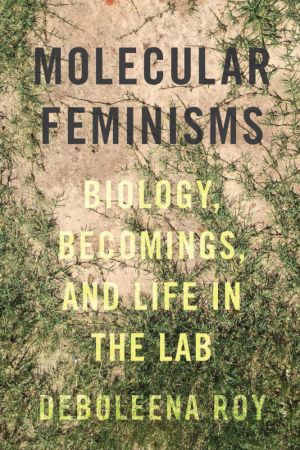
In Molecular Feminisms, Roy investigates science as feminism at the lab bench, engaging in an interdisciplinary conversation between molecular biology, Deleuzian philosophies, posthumanism, and postcolonial and decolonial studies. She brings insights from feminist theory together with lessons learned from bacteria, subcloning, and synthetic biology...
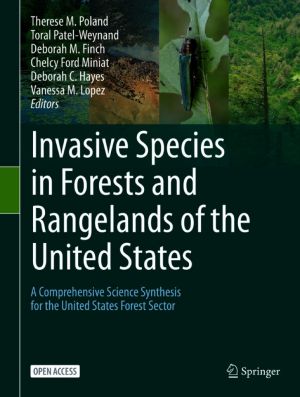
This open book describes the serious threat of invasive species to native ecosystems. Invasive species have caused and will continue to cause enormous ecological and economic damage with ever increasing world trade. This multi-disciplinary book, written by over 100 national experts, presents the latest research on a wide range of natural science an...
